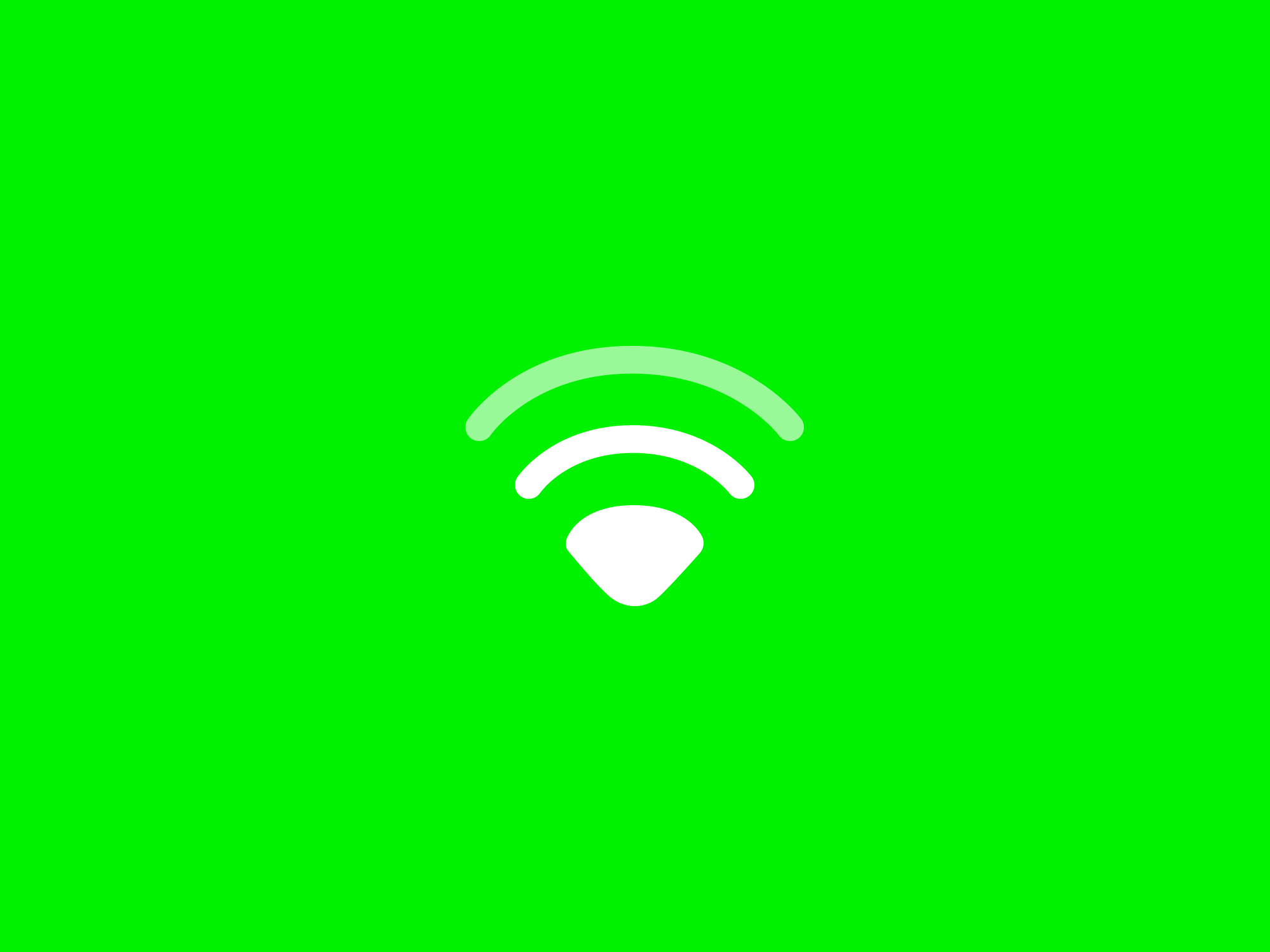The digital age has brought with it a new set of concerns for legal and political administrations about policies regarding technology, especially how it can be accessed and used.
One of the foremost issues that has recently arisen is net neutrality as it pertains to equality on the internet. Under net neutrality, internet service providers, such as Xfinity and Verizon Fios, must give all available data the same treatment.
No website, content, user, platform or application is allowed to purposefully affect or benefit from factors such as the speed at which the internet is provided or how much the internet service costs.
For example, let’s say I’m casually checking my email one morning and realize I want to read some hot takes on current trending topics, so I decide to visit www.studybreaks.com. For some reason, my internet provider thinks it should charge me more money to visit the site than my email website, but, under the protection of net neutrality, my provider can’t do that.
Net neutrality also affects competition in the industry. Large companies that own internet-service providers cannot show favor toward their own content by reducing the cost to access it or increasing its speed.
Net neutrality has been an especially prevalent conversation under the current presidential administration. It was a concept supported by the Obama administration, a policy then known as President Obama’s Plan for a Free and Open Internet.
However, last December, the Trump administration’s heavily Republican Federal Communications Commission (FCC) voted to repeal the net neutrality policies put forth during the Obama administration. This contentious decision received quite a bit of backlash from those who work in the technology sector, groups designed to protect consumer interests and the public in general. Even some Republicans in Congress did not support the decision.
Still, the FCC has announced that on June 11, net-neutrality protections would be officially be repealed. As a result, internet-service providers can provide faster internet speeds to companies that are willing to pay more for them without the FCC getting in the way.
Companies can now prioritize their own content, and potentially limit access to the content of other companies. Organizations such as the American Civil Liberties Union worry that this could limit free speech because the content internet users access could be influenced by their providers. Additionally, the possibility exists that internet providers can increase the cost of internet service as they see fit.
Should the public be immediately concerned with this change?
Even though net neutrality is officially repealed, it is important to remember that the policies internet-service providers currently have in place are in accordance with traditional net-neutrality rules, and companies have not made any drastic modifications to their business models quite yet. However, grave change may be looming on the horizon.

















